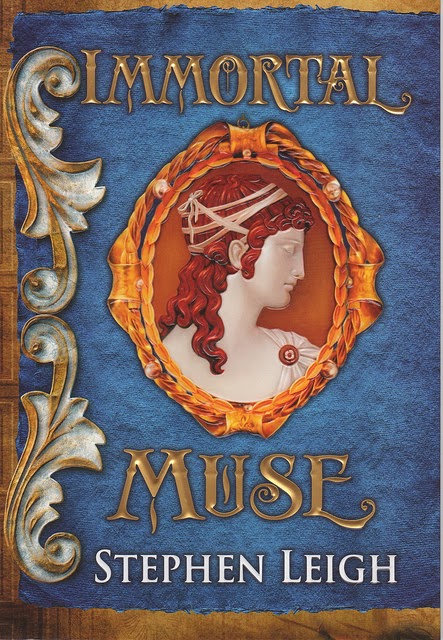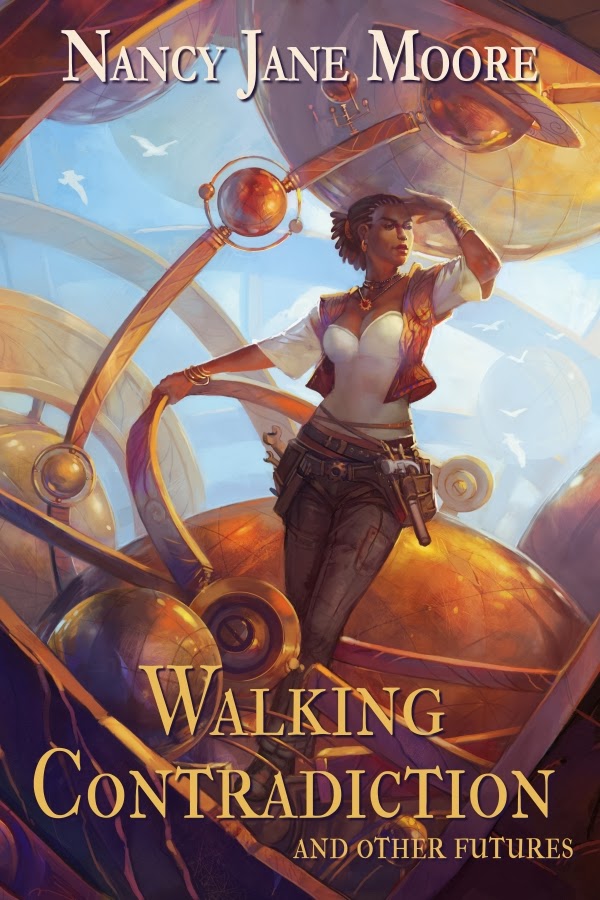I've said before that some of the best, most dynamic writing around today comes from the sports scene. As much as I love the Dallas Cowboys, and even though I've been at a number of the games in recent years, I am not savvy enough to know if I agree with the following, but man, is it an example of writing that uses solid energy and imagery to make a point.
About Dez Bryant:
The NFL’s greatest receivers each bring a little something different to the table, but for the most part, they’re tall, graceful, fluid athletes who make catching a football somehow look beautiful. Bryant is an exception. He makes it look brutal. Whether it was on his rampage of a 35-yard touchdown off a screen pass (which left half a dozen Jaguars disposed to the turf), his get-off-me 68-yard score, or the unstoppable back-shoulder throws that will forever populate Dwayne Gratz’s nightmares, Bryant was an absolute monster.
I'm making progress on nanowrimo, even though I'm not where I oughta be. Hope you're writing like crazy, whether you're part of the madness or not!
About Dez Bryant:
The NFL’s greatest receivers each bring a little something different to the table, but for the most part, they’re tall, graceful, fluid athletes who make catching a football somehow look beautiful. Bryant is an exception. He makes it look brutal. Whether it was on his rampage of a 35-yard touchdown off a screen pass (which left half a dozen Jaguars disposed to the turf), his get-off-me 68-yard score, or the unstoppable back-shoulder throws that will forever populate Dwayne Gratz’s nightmares, Bryant was an absolute monster.
I'm making progress on nanowrimo, even though I'm not where I oughta be. Hope you're writing like crazy, whether you're part of the madness or not!















